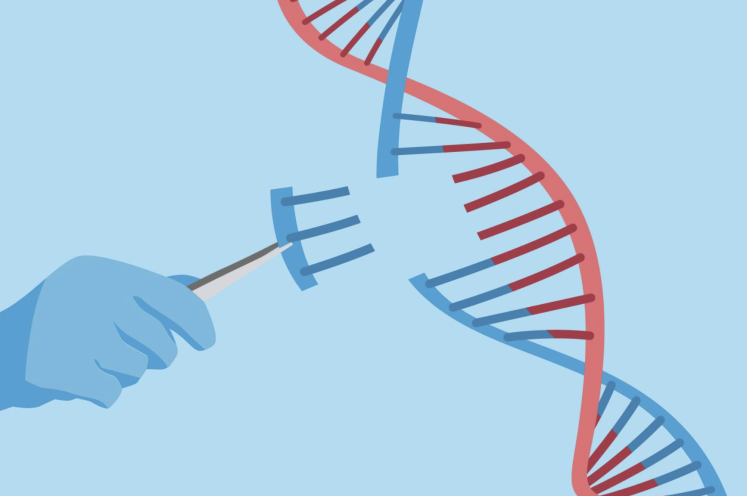Access the brief here.
Advances in synthetic biology are rapidly transforming a range of sectors, with increasingly global implications in the fields of health, security, environment, and human rights.
Following an introduction to the science of synthetic biology, this brief guides readers through the latest developments in medicine, environment and manufacturing, agriculture and computing. The advancements in the technology comes with associated risks, including those related to environmental and food security, weaponization, public health issues and a range of social and ethical concerns.
The United Nations plays a vital role in driving international frameworks to regulate relevant technologies. Important considerations include:
- An international systematic risk assessment;
- Ethical guidelines;
- Technology investments in the Global South;
- Inclusion of synthetic biology within AI governance.
Additional Resources
WIPO Treaty on Intellectual Property, Genetic Resources and Associated Traditional Knowledge by World Intellectual Property Organization (WIPO)
Synthetic Biology by Secretariat of the Convention on Biological Diversity
Synthetic Biology in the Driving Seat of the Bioeconomy by Yensi Flores Bueso and Mark Tangney
Synthetic biology and nature conservation by International Union for Conservation of Nature
Access the brief here.

